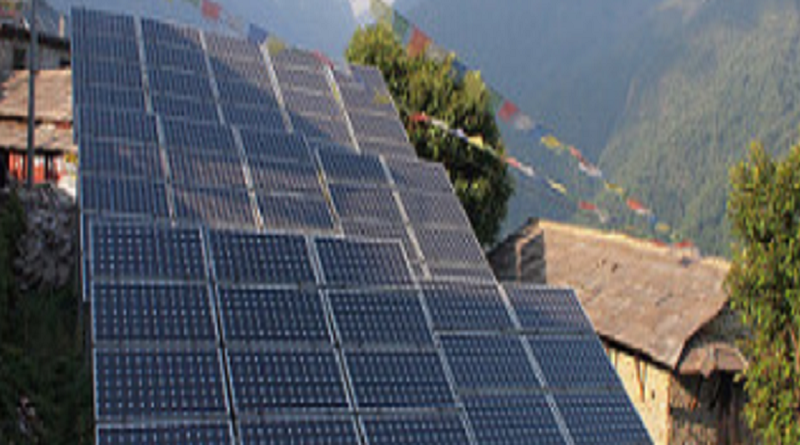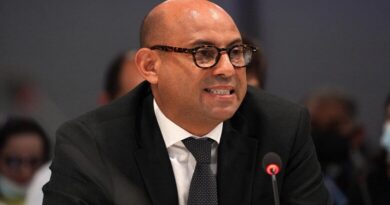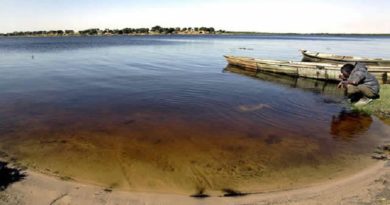UN explores alternative finance towards low carbon development
Alternative finance mechanisms have raised over USD 140 billion in 2015, growing more than 250% annually. The market for crowdfunding in particular has been rapidly expanding, with policy development for crowd investing and crowd lending opening new investment channels for renewable energy. This development offers an important opportunity for scaling climate action, as the transition to low carbon economies through the Paris Agreement would require raising an estimated USD 16.5 trillion until 2030 – and new financing options need to be further explored to supplement public finance.
Realizing the tremendous opportunity alternative finance offers, UNDP, in partnership with crowdfunding platforms, is currently supporting pilot crowdfunding projects in more than 10 countries. UNDP is also partnering on a flagship project supported by the European Commission to facilitate citizens’ investment in renewable energy through crowdfunding renewable energy.
More recently, UNDP and the UNFCCC kicked off a new initiative to increase the availability of financing for climate actions that contribute to both the implementation of national climate plans or Nationally Determined Contributions (NDCs) and the sustainable development goals. The initiative seeks to expand the investment market for renewable energy projects with verifiable emission reduction and sustainable development benefits in developing countries.
The initiative was further elaborated at COP 22 in Marrakech, where discussions focused on crowdfunding models and alternative financial mechanisms to finance renewable energy in developing countries. Participants discussed crowdfunding as a de-risking mechanism for impact investors through certified and verified emission reductions and verified sustainable development impacts. UNDP’s “Sustainable Development Goals Tool” will measure the contribution towards sustainable development, while the UNFCCC will certify emission reductions for each project. The investment projects therefore offer impact investors or individual investors a financial product with both a return on investment and verified social/environmental outcomes.
A panel, moderated by Robert Pašičko from UNDP’s Alternative Finance Lab, consisted of Nuno Brito Jorge from the Citizenergy platform that serves citizens interested in investing in renewable energy projects; Sissy Windisch and Marilyn Heib from Bettervest platform, which has successfully implemented renewable energy projects in several African states; Sam Manaberi from Trine platform, which focuses on energy access projects in East-Africa, and Chebet Maikut, Commissioner at Uganda’s Ministry of Water and Environment, who presented opportunities for crowdfunding climate actions in Uganda. The Ministry had recently launched a UNDP supported “Green School NAMA” that aims at financing integrated sustainable energy solutions for schools through a combination of traditional and innovative, national and international sources of funding, including crowdfunding and corporate social responsibility (CSR) contributions.
As crowdfunding has been increasingly used, investors have come to trust the technological infrastructure that supports impact investing. Realizing the opportunity that alternative finance provides, UNDP will step up its support for crowdfunding as a means to scale-up investment for projects with high mitigation and sustainable benefit impacts around the world.



